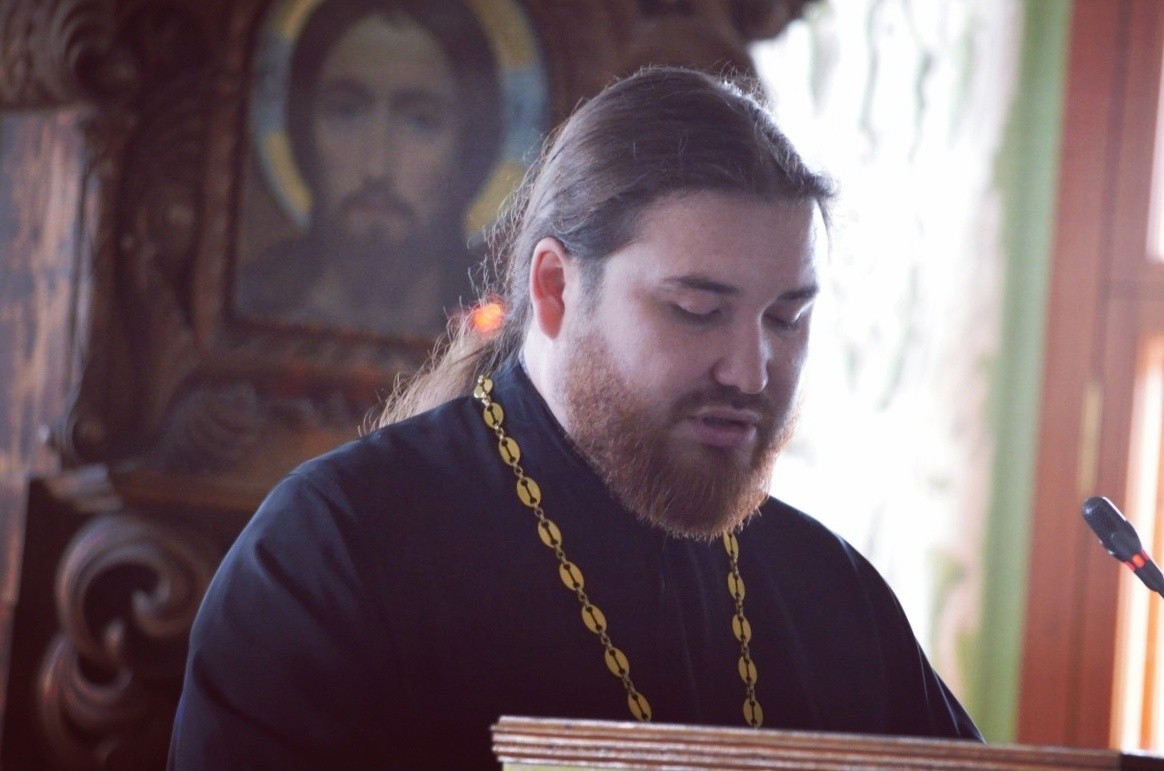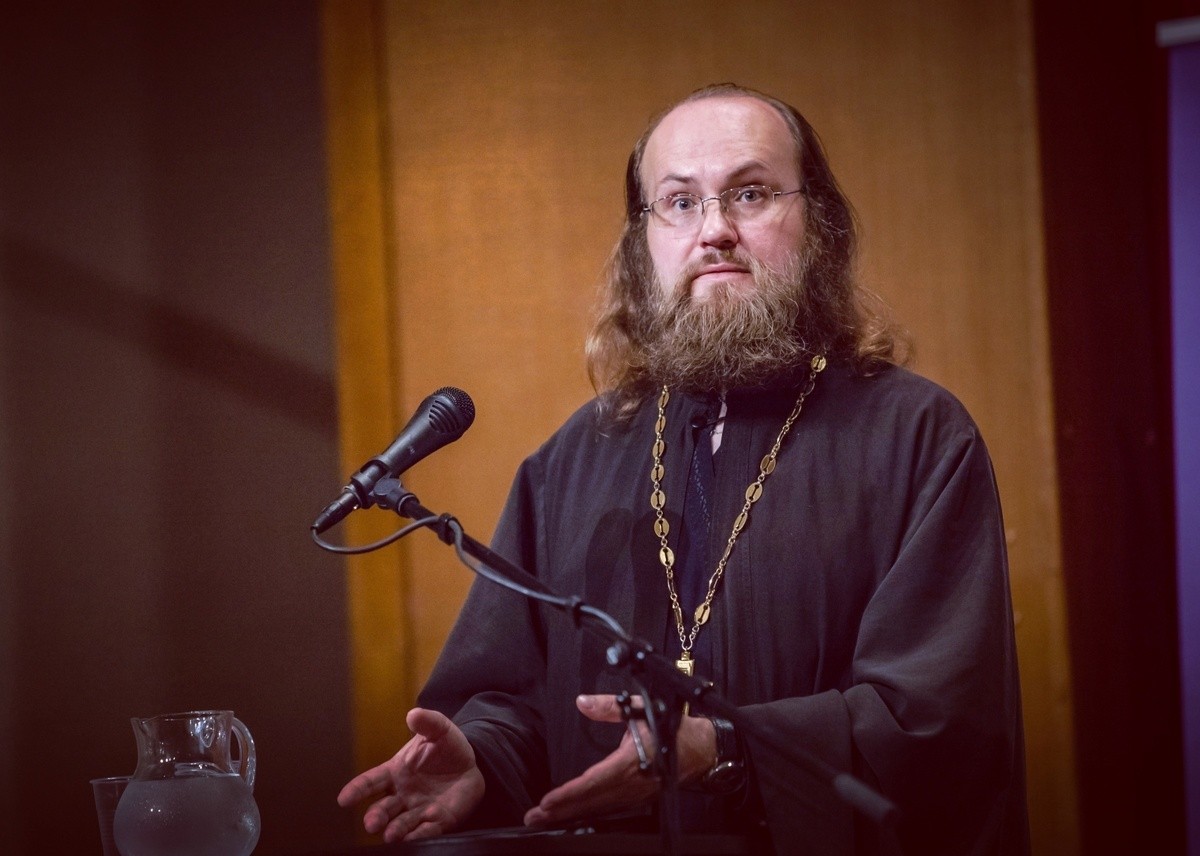What punishment awaits adulterers? Priests explain.
Petr Gurianov says that fornication and adultery do not merely have social consequences—they ruin the soul. He declares, "Fornicators and adulterers drag themselves into hell. They are in a state of living dead. Outwardly, everything may look fine, but you cannot hide anything from God, and not from yourself." He emphasizes that inside, the heart becomes dark and terrifying. "If you commit fornication, then expect trouble"—conflicts, scandals, divorces, abandoned children, and illness. In his imagery, fornication is like a sweet candy with a sharp blade inside, promising pleasure while delivering destruction. Satan, Gurianov warns, is very cunning. It’s easiest to break a person through violating the seventh commandment, and fornicators often bite the lure. Like addicts, they head toward their own downfall.

In This Article:
Spiritual laws, not just physical danger: the soul's fate
Andrey Efанов explains that the Creator’s commandments exist to shield us from what is not normal. They are an instruction to help protect us from danger beyond the visible world. We know there are things that kill the body—poison, injuries, or substances incompatible with life. We understand not to leap from heights or to use dangerous chemicals, because physical laws can lead to death. But there are also spiritual laws. The Scriptures say that sin kills the soul. We may live in sin for a time, even as long as someone on artificial ventilation or in a wheelchair, but when the time comes for the soul to depart, it cannot remain in eternity if it bears the wounds of sin. Intimate closeness is a form of love, but true love means life together in marriage. Everything else—casual relationships or other arrangements—are surrogate and can never replace the fullness of life that comes with a marital union.

Chastity before marriage: the path to lasting happiness
Fyodor Borodin describes the fornicator as someone who has lost their way and severed their connection with God. This fracture inevitably affects the person’s inner state. Such a person cannot become a strong, stable individual, because constant engagement with many partners erodes integrity. A person who keeps switching partners often cannot fully love or be loved; they compare current partners to past ones and never give themselves fully. The Apostle Paul warned that, "the one who is joined to a prostitute becomes one body with her." If a person remains chaste before marriage, they have a better chance of finding happiness within marriage, because they can give their love wholly to one person. True Christian love also means taking full responsibility for one’s partner—sharing in joys and burdens, relatives and responsibilities alike.

The Church’s stance: marriage as a sacred vow backed by civil commitment
The Church notes that the Wedding Sacrament is offered only to couples who have registered their marriage in the civil registry. This public act signals that the couple has taken on mutual responsibility for one another. The clergy views civil marriage as a step toward the fullness of Christian love—a foundation upon which a sacramental bond can be built. If this feels meaningful, engage with it thoughtfully: the channel invites you to reflect and share. If the content resonates, please like and subscribe for more pieces that explore family, faith, and daily life.


